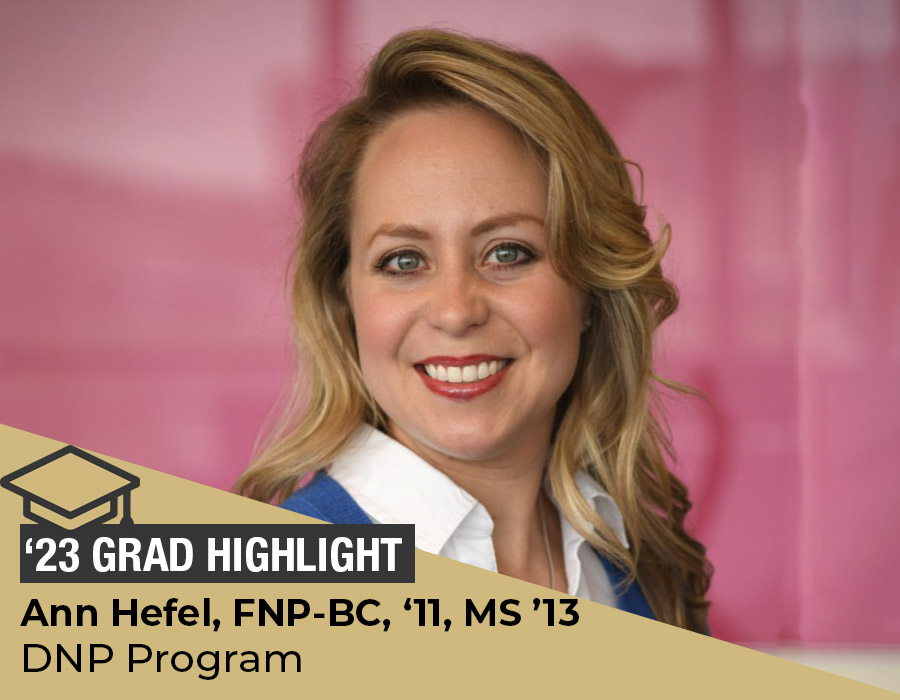The College of Nursing’s Doctor of Nursing Practice (DNP) is a clinical practice-oriented leadership curriculum that focuses on evidence-based practice for the improvement of clinical care delivery, program evaluation, patient and population outcomes,
and health system leadership/management.
All classes have an online component; some classes require a one- to two-day intensive session on campus. There are no more than three intensives on campus per academic year.
The DNP Pathways:
- The BS to DNP Program provides individuals with a Bachelor's in Nursing with a single path
to a DNP degree.
- Students may also advance a current Master’s degree through the Post-Graduate DNP pathway.
